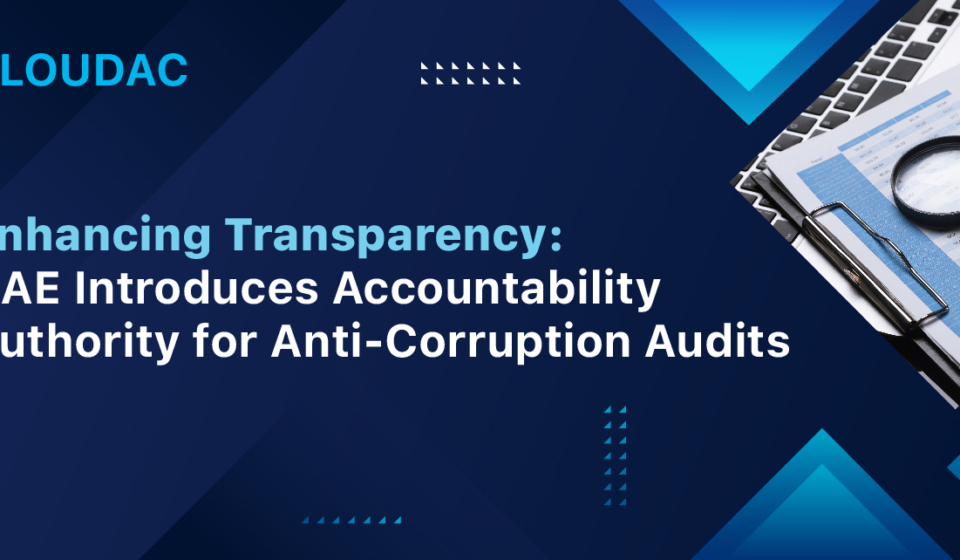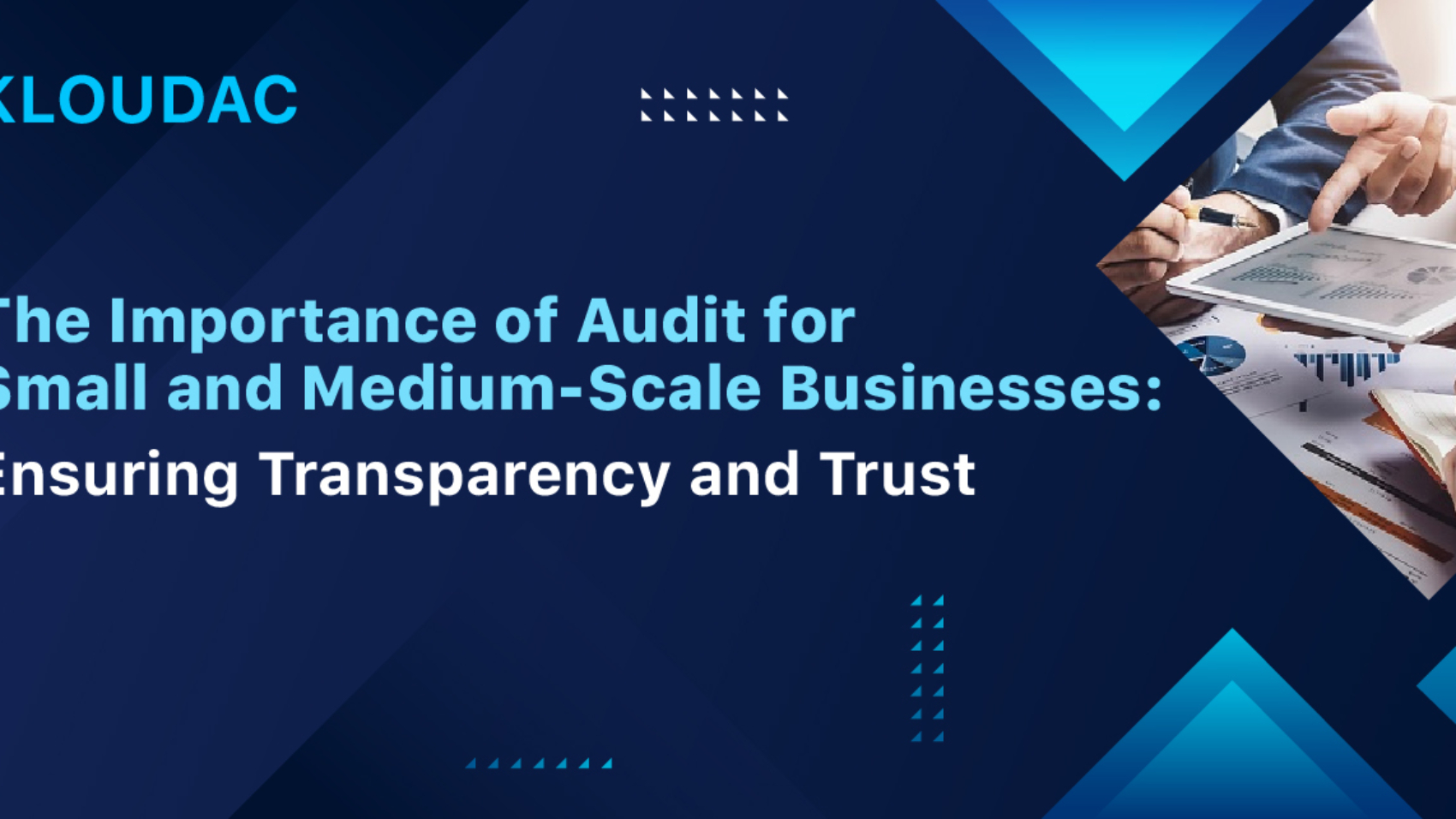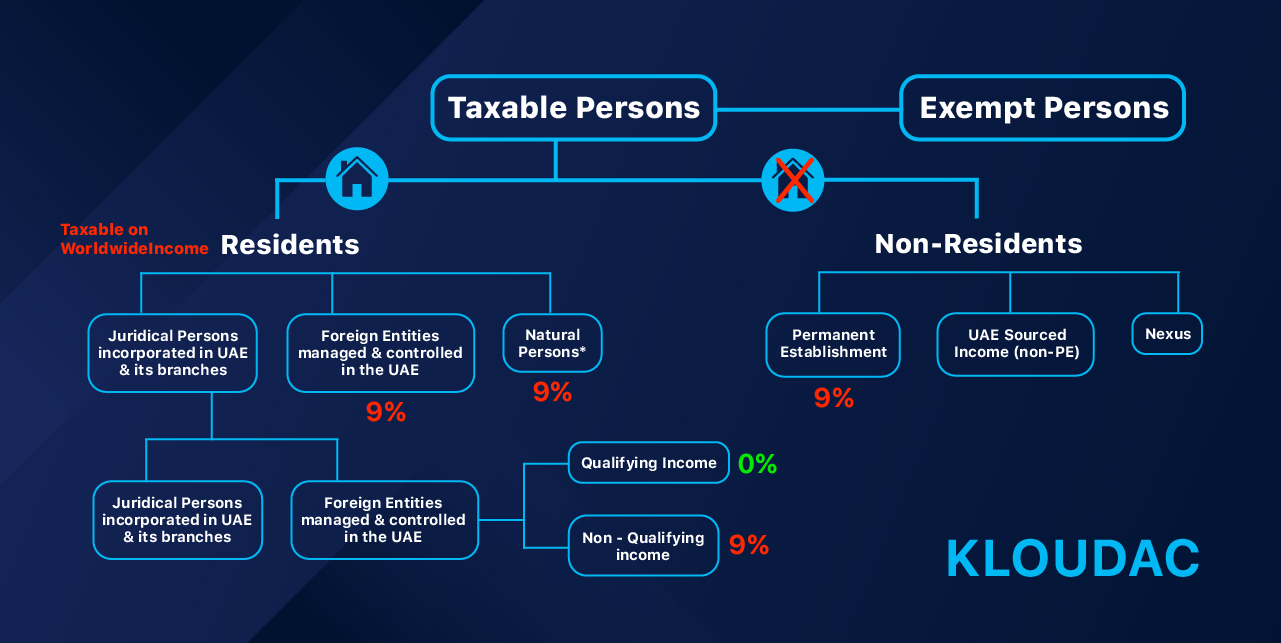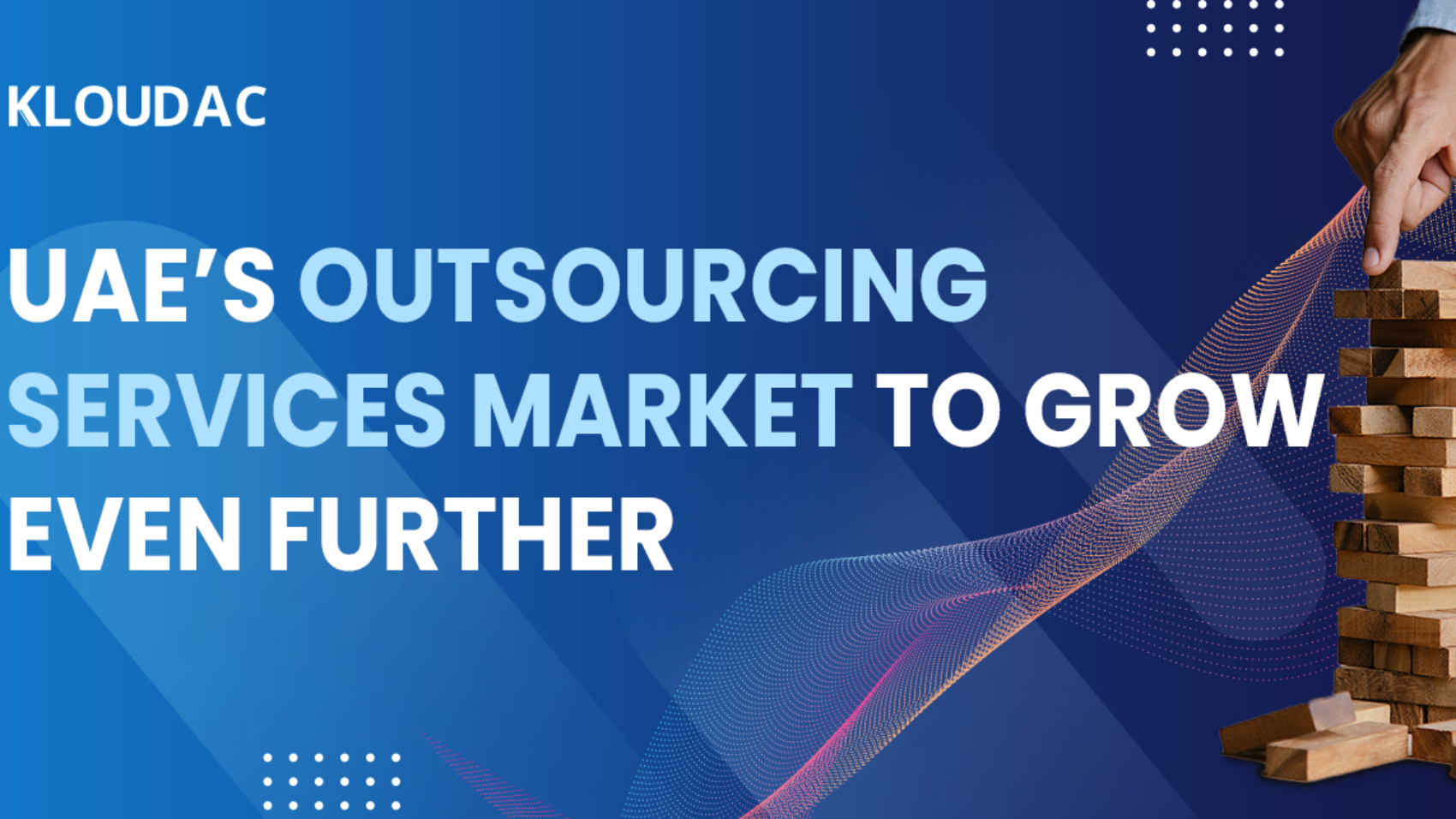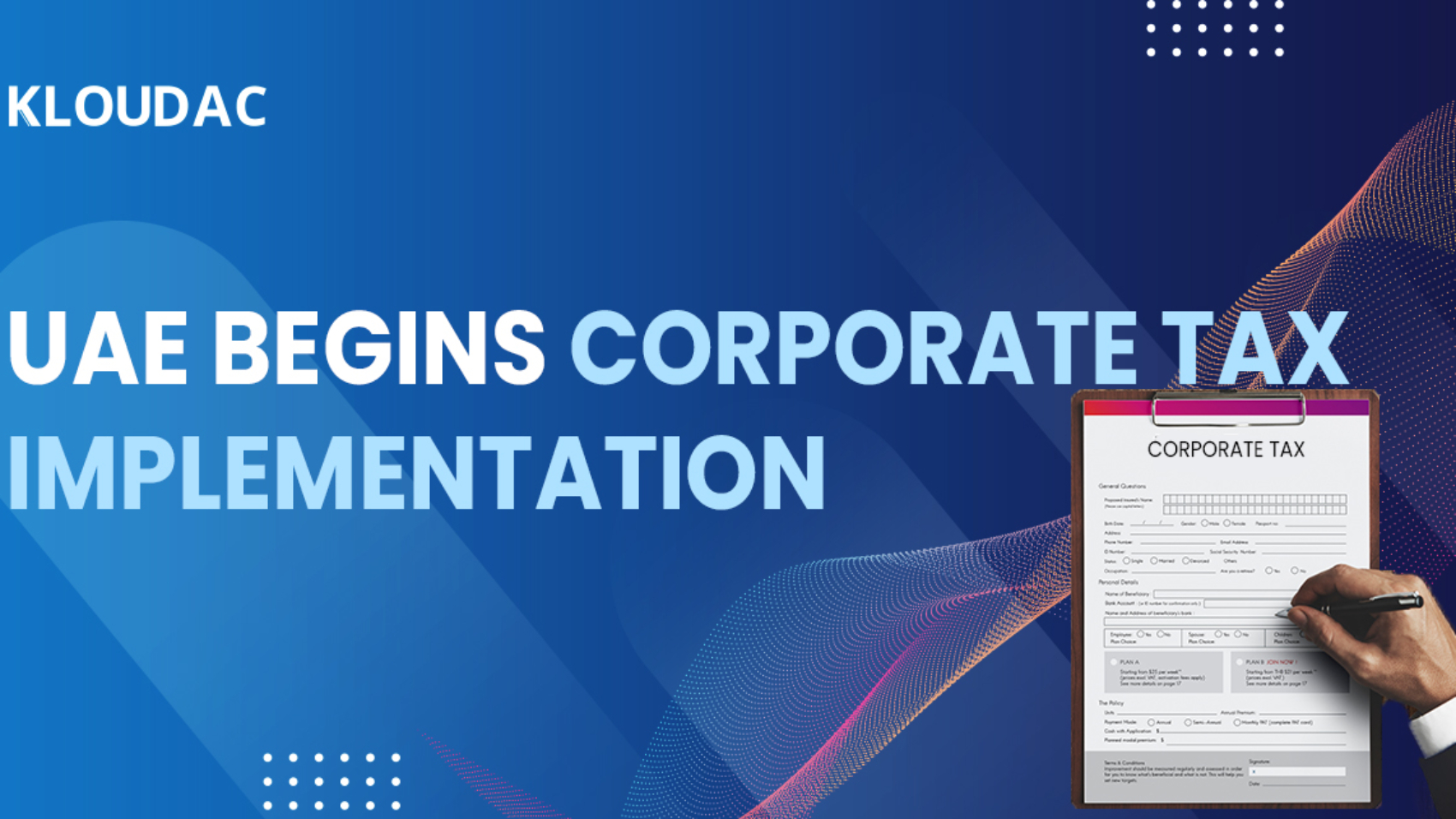In the bustling business landscape of Dubai, UAE, small and medium-scale enterprises (SMEs) play a pivotal role in driving economic growth and contributing to the overall prosperity of the nation. With the ever-increasing importance of SMEs, it becomes paramount to maintain transparency and trust in their financial operations. One of the most effective ways to achieve this is through regular audits. In this blog, we delve into the significance of audits for SMEs in Dubai, emphasizing how they ensure transparency, foster trust, and pave the way for sustainable success.
1. What is an Audit and Why is it Essential?
An audit is an independent examination of a company’s financial records, transactions, and processes by a qualified third-party auditor. For SMEs, undergoing regular audits is essential for several reasons:
a) Compliance with Regulations: Dubai, like any other global financial hub, has specific laws and regulations in place to govern financial reporting. Audits help SMEs adhere to these requirements, ensuring their operations are in line with legal obligations.
b) Detecting Errors and Fraud: Auditors scrutinize financial records meticulously, helping to identify errors, irregularities, or potential fraud. Early detection can prevent such issues from escalating, safeguarding the financial health of the business.
c) Improved Financial Management: Audits provide valuable insights into a company’s financial strengths and weaknesses. The findings help SMEs make informed decisions, optimize resource allocation, and develop better financial management strategies.
d) Building Credibility: In a competitive market, credibility is crucial. Having audited financial statements enhances the reputation of SMEs, making them more attractive to investors, lenders, and potential partners.
2. Transparency for Stakeholders
Transparency is the cornerstone of a robust business environment. Audited financial statements instill confidence in stakeholders, including investors, customers, suppliers, and employees. By providing an unbiased and expert assessment of a company’s financial position, audits demonstrate transparency and accountability.
a) Investor Confidence: Investors seek reliable data to assess the risk and potential returns of their investments. Audited financial statements offer accurate and up-to-date information, instilling trust and encouraging long-term partnerships.
b) Lending and Credit Opportunities: For SMEs looking to secure loans or credit from banks or financial institutions, audited financial statements serve as evidence of their financial stability. This increases the chances of loan approvals and ensures access to more favorable terms.
c) Customer and Supplier Relations: Customers and suppliers prefer to engage with financially secure and transparent businesses. Audits assure that the SME is financially stable and trustworthy, facilitating smoother relationships and business dealings.
3. Trust and Business Growth
Trust is the currency of successful businesses. SMEs that prioritize regular audits can foster trust among stakeholders, laying the foundation for sustainable growth.
a) Building Customer Loyalty: In today’s competitive market, customers seek authenticity and honesty from businesses they engage with. Transparent financial practices, backed by audits, establish credibility and promote customer loyalty.
b) Employee Confidence and Retention: Employees are more likely to remain committed to a company that demonstrates sound financial management. Knowing that their employer undergoes regular audits can boost employee confidence in the organization’s stability and future prospects.
c) Navigating Economic Challenges: The business landscape is prone to fluctuations and uncertainties. Audited financial statements provide SMEs with a clearer picture of their financial resilience, helping them navigate economic challenges with confidence.
For SMEs in Dubai, UAE, audits are not just a legal obligation but a powerful tool to ensure transparency, foster trust, and drive sustainable growth. By complying with financial regulations, detecting potential issues early on, and building credibility among stakeholders, SMEs can thrive in the dynamic business ecosystem of Dubai. As the SME sector continues to flourish, embracing the importance of audits will be a critical step toward securing a prosperous and reputable future.
KLOUDAC Accounting Firm Dubai, UAE
For SMEs in Dubai, UAE, audits are not just a legal obligation but a powerful tool to ensure transparency, foster trust, and drive sustainable growth. KLOUDAC is a reputed accounting firm that helps you with audits. By complying with financial regulations, detecting potential issues early on, and building credibility among stakeholders, SMEs can thrive in the dynamic business ecosystem of Dubai. As the SME sector continues to flourish, embracing the importance of audits will be a critical step toward securing a prosperous and reputable future.









